If it's time to replace your roof, choosing the right type roofing material is crucial for the longevity and performance of your roof. With various options available, it’s important to understand the benefits and drawbacks of each material to make an informed decision.
Types of Roofing Materials: Pros and Cons of Each Type
1. Asphalt Shingles
Asphalt shingles are the most popular roofing material in North America, known for their affordability, ease of installation, and variety of styles and colors. They offer good protection and a lifespan of 15-25 years. However, they may not be as durable as other materials in extreme weather conditions. Timely roof repairs and regular maintenance can do wonders to extend the lifetime of a shingle roof.
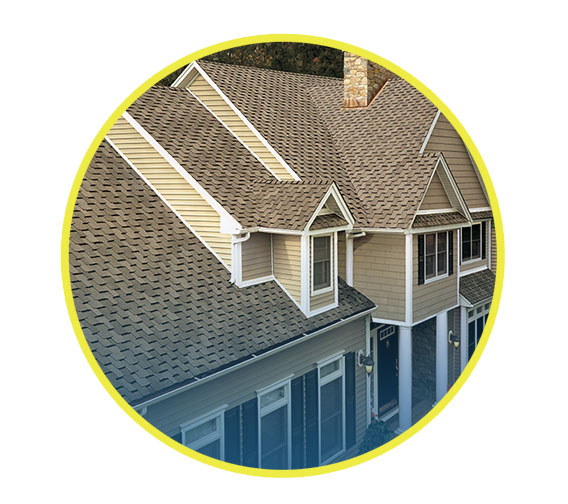
Pros: | Cons: |
|---|---|
2. Metal Roofing
Metal roofing is known for its durability, longevity, and energy efficiency. It can last 40-70 years and is resistant to extreme weather conditions, including heavy snow, rain, and high winds. Metal roofs are also environmentally friendly, as they can be made from recycled materials and are fully recyclable at the end of their lifespan.
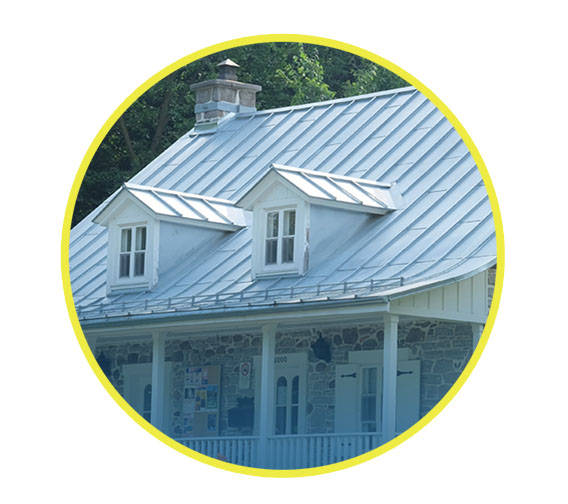
Pros: | Cons: |
|---|---|
3. Tile Roofing
Tile roofing is often used in Mediterranean, Spanish, and Southwestern-style homes. Tile roofs are extremely durable, fire-resistant, and can last up to 50-100 years. They are available in clay, concrete, and slate options. However, tile roofing is heavy and may require additional structural support.
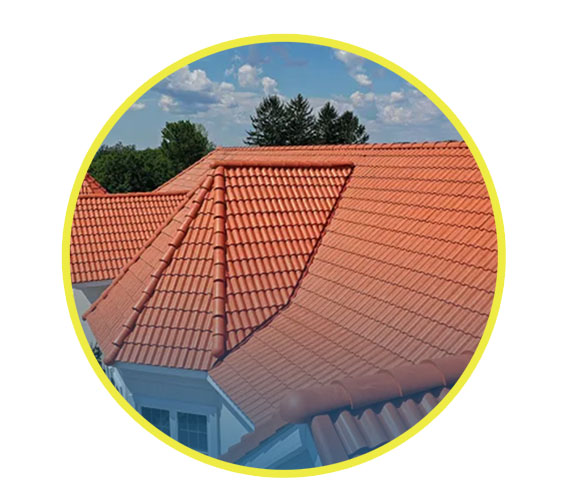
Pros: | Cons: |
|---|---|
4. Wood Shingles and Shakes
Wood shingles and shakes offer a natural and rustic look, often used in historic or cottage-style homes. They are typically made from cedar, redwood, or pine and can last 30-50 years with proper maintenance. Wood roofing provides good insulation but requires regular maintenance to prevent mold, rot, and insect damage.
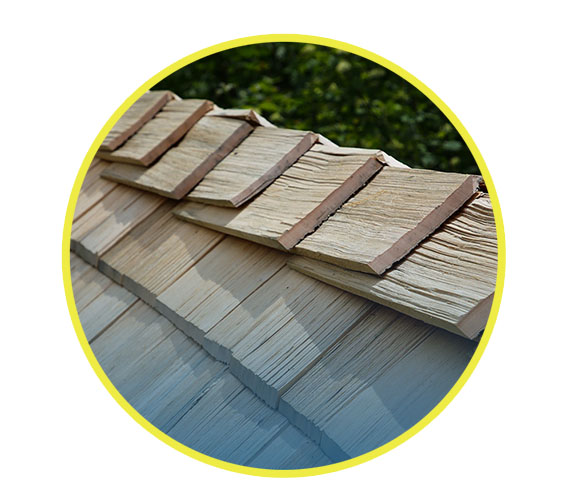
Pros: | Cons: |
|---|---|
5. Slate Roofing
Slate roofing is one of the most durable and long-lasting roofing materials available, with a lifespan of 75-100 years or more. Slate roofs are highly resistant to fire, mold, and rot, and offer a distinctive, elegant appearance. However, slate is heavy and requires professional installation.
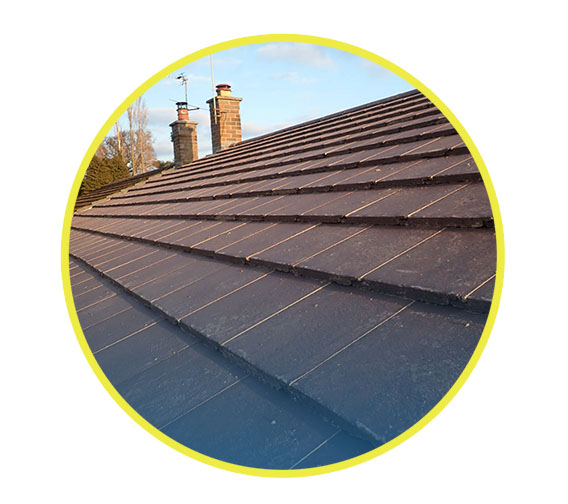
Pros: | Cons: |
|---|---|
Schedule a Consultation with Pro Roofing and Siding
Choosing the right roofing material is essential for ensuring the longevity and performance of your roof. At Pro Roofing and Siding, we offer expert advice and professional installation services for a variety of roofing materials. Our team can help you select the best option for your home based on your needs, budget, and aesthetic preferences.
Don’t hesitate to contact Pro Roofing and Siding today to discuss your roofing material options and ensure your home is protected with the best possible roof. Contact us today for a free roof inspection and estimate.
Frequently Asked Questions (F.A.Q)
How do I know when it's time to replace my roof?
Signs that you need a roof replacement include missing or damaged shingles, frequent leaks, noticeable sagging, and extensive moss or algae growth. If your roof is over 15 years old, it may also be time to consider a replacement.
How do I choose the best roofing material for my home?
Consider factors like your budget, the climate in your area, the architectural style of your home, and how long you plan to stay in your house. Consulting with a roofing professional can also provide personalized recommendations.
What is the most cost-effective roofing material?
Asphalt shingles are the most cost-effective roofing material in the market, offering affordability, ease of installation, and a variety of styles and colors. At Pro Roofing and Siding we are GAF Master Elite Contractors and can help you assess the best options for your need an budget.
How much does a new roof cost?
The cost of a new roof varies based on the material, size of the roof, and labor costs in your area. Asphalt shingles are typically the most affordable, while materials like slate and metal are more expensive.
What should I look for in a roofing contractor?
Look for a roofing contractor with a solid reputation, proper licensing, and insurance. Reading reviews, asking for references, and checking their Better Business Bureau rating can also help you make an informed decision. Ensure they provide a detailed estimate and warranty information for their work.




